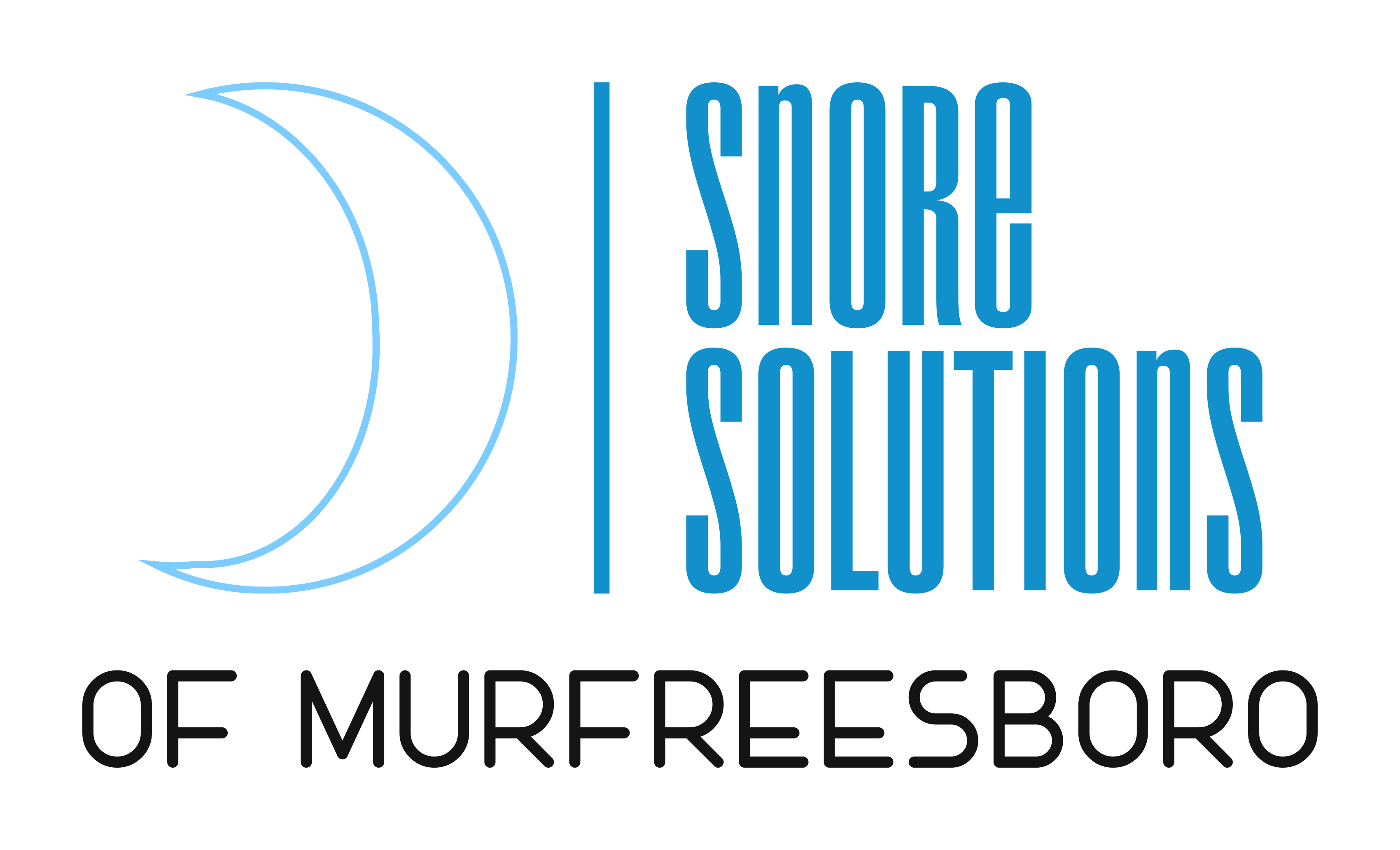Should you find yourself experiencing fatigue and irritability even after obtaining a sufficient amount of sleep, you may be afflicted with sleep apnea.
This article aims to provide an in-depth examination of sleep apnea, including its implications on both physical and mental well-being, as well as the typical indicators and symptoms that warrant attention.
Furthermore, we will delve into a range of treatment alternatives, encompassing medical approaches and lifestyle adjustments, designed to effectively address this condition and enhance your overall sleep quality and health.
Understanding Sleep Apnea
Sleep apnea is a prevalent sleep disorder distinguished by recurrent pauses in breathing during sleep. These interruptions commonly stem from the relaxation of throat muscles (obstructive sleep apnea), the brain’s failure to transmit appropriate signals to breathing muscles (central sleep apnea), or a blend of both conditions (mixed sleep apnea).
What is Sleep Apnea?
Sleep apnea is a sleep disorder characterized by repeated interruptions in breathing, which can lead to significant disturbances in sleep patterns and various health concerns. This condition can be classified into three primary types:
- Obstructive sleep apnea, the most prevalent form, is identified by an obstruction in the airway typically caused by relaxed throat muscles. Common symptoms include loud snoring, gasping for air while asleep, and sudden awakenings.
- Central sleep apnea, in contrast, occurs when the brain fails to transmit signals to the muscles responsible for breathing.
- Mixed sleep apnea presents a combination of features from both obstructive and central sleep apnea.
Recognizing these symptoms, such as excessive daytime fatigue, morning headaches, and irritability, is essential for seeking a proper diagnosis and treatment. A sleep study, also referred to as a polysomnography, is often recommended to assess the condition’s severity and determine the most appropriate course of action.
Effects of Sleep Apnea on Daily Life
Sleep apnea has a substantial impact on daily life due to its contribution to various health risks, including weight gain, cardiovascular disease, and persistent respiratory issues.
Impact on Physical and Mental Health
Sleep apnea frequently results in chronic fatigue, weight gain, and an elevated susceptibility to cardiovascular diseases, accompanied by notable mood changes and daytime drowsiness. The physical health hazards linked to sleep apnea are closely interconnected with mental health consequences. Those suffering from sleep apnea may encounter irritability, challenges in focusing, and mood fluctuations as a result of persistent sleep deprivation. The amalgamation of inadequate sleep quality and disrupted breathing patterns can additionally foster weight gain, thereby increasing the likelihood of obesity. The strain that sleep apnea imposes on the cardiovascular system can precipitate hypertension, heart disease, and other grave health complications.
Identifying Sleep Apnea
The identification of sleep apnea entails the recognition of its typical symptoms, including loud snoring, frequent breathing pauses during sleep, and persistent fatigue, typically confirmed through a comprehensive sleep study.
Common Signs and Symptoms
Common signs and symptoms of sleep apnea comprise loud snoring, gasping for air during sleep, daytime drowsiness, frequent headaches, mood changes, and restless sleep.
If left unaddressed, sleep apnea can precipitate chronic sleep deprivation, adversely affecting an individual’s overall health and quality of life. The recurrent interruptions in breathing during sleep disrupt the body’s natural sleep cycle, impeding the individual from transitioning into the deep, restorative stages of sleep. Consequently, this can lead to persistent fatigue, difficulties concentrating, and daytime irritability.
The strain imposed on the cardiovascular system by untreated sleep apnea elevates the vulnerability to heart disease, stroke, and other severe health conditions. Thus, it is imperative to monitor these indicators diligently and solicit medical guidance for a comprehensive diagnosis and appropriate treatment.
Treatment Options for Sleep Apnea
Treatment options for sleep apnea encompass a spectrum of interventions, including medical approaches such as the utilization of CPAP machines and pharmaceutical treatments, as well as lifestyle modifications like weight management, the implementation of oral appliances, and surgical interventions.
Medical and Lifestyle Interventions
Medical interventions for sleep apnea encompass the utilization of CPAP machines and oral appliances, while lifestyle modifications such as weight management, regular physical activity, and a nutritious diet play pivotal roles in the management of this condition.
CPAP machines are widely acknowledged for their high effectiveness in maintaining an unobstructed airway during sleep through the continuous delivery of air pressure, thereby preventing airway collapse.
Conversely, oral appliances function by repositioning the jaw and tongue to ensure airway clearance and diminish snoring.
It is imperative to acknowledge that for individuals afflicted with severe sleep apnea, surgical interventions or alternative medical treatments may be warranted, including uvulopalatopharyngoplasty (UPPP) to eliminate excess throat tissue or maxillomandibular advancement surgery for jaw repositioning.
Managing Sleep Apnea in Daily Life
The management of sleep apnea in daily life necessitates the adoption of good sleep hygiene practices, optimization of sleeping positions, and incorporation of stress management techniques to enhance sleep patterns and overall health.
Tips for Better Sleep and Overall Health
Enhancing sleep hygiene, adjusting one’s sleeping position, and integrating stress management techniques, alongside maintaining a healthy diet and regular exercise regimen, constitute pivotal strategies for improving sleep quality and overall health in individuals diagnosed with sleep apnea.
Establishing a consistent sleep schedule plays a fundamental role in regulating the body’s internal clock, thereby facilitating deeper and more rejuvenating sleep. The establishment of a specific bedtime and wake-up time aids in conditioning the body to initiate sleep and wakefulness at consistent intervals daily.
Transforming the bedroom into a serene haven devoid of distractions, such as electronic devices and excessive lighting, can foster an atmosphere conducive to peaceful sleep. Engaging in relaxation practices like deep breathing exercises or meditation before bedtime can help to alleviate mental stress and prepare the individual for a night of undisturbed rest.
Frequently Asked Questions
1. What is sleep apnea and how does it affect my daily life?
Sleep apnea is a sleep disorder where a person experiences pauses in breathing while they sleep. These pauses can last for a few seconds to minutes and can occur multiple times throughout the night. This can lead to poor sleep quality, daytime fatigue, and other health issues.
2. What are the common symptoms of sleep apnea?
The most common symptoms of sleep apnea include loud snoring, gasping or choking during sleep, morning headaches, irritability, and difficulty concentrating. Experiencing these symptoms on a regular basis can greatly impact your daily life and overall well-being.
3. How does sleep apnea affect my physical health?
Sleep apnea can lead to a variety of physical health issues, such as high blood pressure, heart disease, and stroke. The repeated interruptions in breathing can also cause strain on the body and increase the risk of developing diabetes and obesity.
4. What are the effects of sleep apnea on mental health?
Sleep apnea can have a negative impact on mental health, as it can cause daytime fatigue and irritability, leading to mood swings, anxiety, and depression. It can also affect memory and concentration, making it difficult to perform daily tasks effectively.
5. What can I do to manage my sleep apnea and improve my daily life?
First, it is important to consult with a doctor and get a proper diagnosis. Treatment options for sleep apnea may include lifestyle changes, such as weight loss and avoiding alcohol and sedatives, or using a continuous positive airway pressure (CPAP) machine. Making these changes can greatly improve your daily life and overall health.
6. Can untreated sleep apnea have serious consequences?
Yes, untreated sleep apnea can lead to serious consequences, including an increased risk of heart attack, stroke, and other health issues. It can also affect your ability to perform daily tasks safely and efficiently. Seeking treatment for sleep apnea is crucial for your overall health and well-being.

